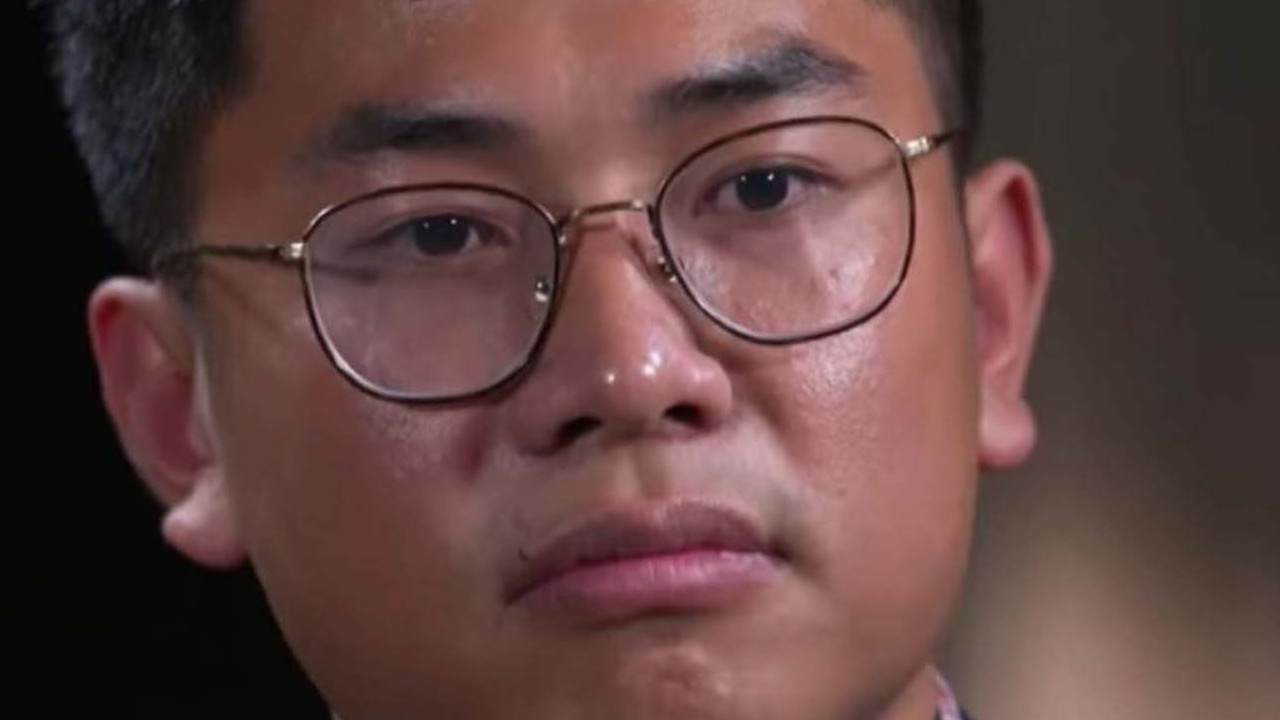
iPhone maker Foxconn to pay US$330,000 in fines to Taiwan for unauthorised investment in mainland China’s Unigroup
- The world’s largest contract electronics manufacturer is fined NT$10 million for investing in mainland China’s Tsinghua Unigroup without approval
- Taiwan is becoming increasingly wary of having its prized semiconductor technologies fall into the hands of mainland China
Article 35 of the act stipulates that Taiwanese enterprises or individuals need to seek permission from the economy ministry for any investment into or technological collaboration with mainland entities, with approval subject to consideration over national security and industry development.
Foxconn, formally known as Hon Hai Precision Industry, said in a filing to the Taiwan Stock Exchange on Thursday that the investment in question was made through an affiliated investment arm, Xingwei (Guangzhou) Industrial Fund, which is 99 per cent controlled by its mainland China-listed unit, Foxconn Industrial Internet.
Foxconn, which has several factories on the mainland manufacturing products such as Apple’s iPhone, said the investment decision was made by managers at the fund and the firm was unable to confirm the timeline of the deal. It denied that it had intentionally avoided seeking prior approval from Taiwanese authorities, adding that it had since proactively reported the deal to the Investment Commission and was cooperative during the investigation.
The Taipei-based company said in December that Xingwei would sell its holdings at Unigroup, one of the mainland’s largest chip makers.

Taiwan’s economic ministry said on Thursday that it meted out a mild punishment partly because it found no sign of technology outflow to the mainland and no significant impact on the island’s economy.
The ministry also said that Foxconn had invested more than NT$20.4 billion in Taiwan in the past three years, with more funding committed for the next two years, including a further NT$15 billion for domestic facilities, factories and equipment, as well as research and development.
Taiwanese companies are currently prohibited from setting up their most advanced foundries on the Chinese mainland.


